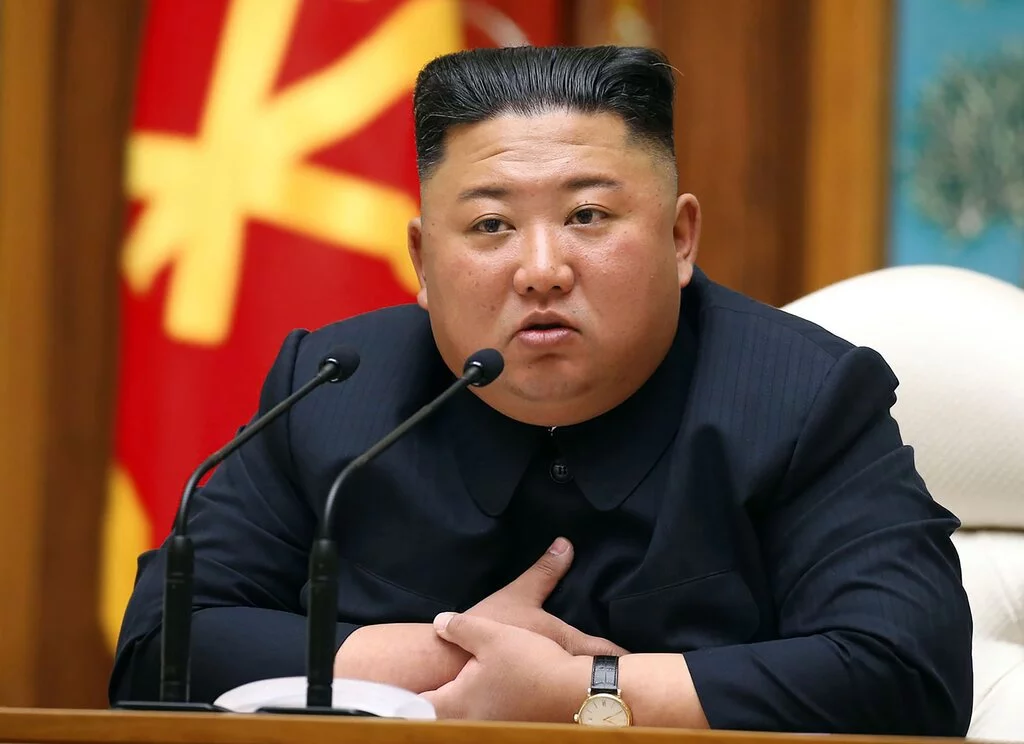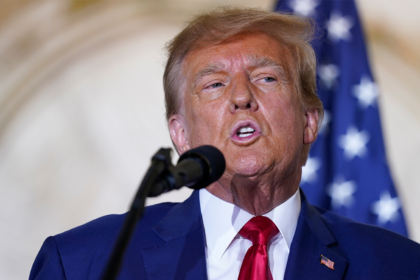Kim Jong-un, the leader of the isolated country, North Korea, has held a meeting to discuss agricultural improvements, amid outside assessments of a worsening food crisis in the country, local media reported. The meeting is the party’s first plenary session convened only to discuss agriculture.
Kim oversaw the seventh enlarged plenary meeting of the 8th Central Committee of the Workers’ Party of Korea on Sunday as it reviewed rural development projects. The ongoing meeting will determine “immediate, important” tasks on agricultural issues and “urgent tasks arising at the present stage of the national economic development”.
KCNA reported
KCNA didn’t add that Kim spoke during the meeting or how long the meeting would last. While state media reported that Senior officials such as Cabinet Premier Kim Tok Hun and Jo Yong Won, who manage the Central Committee’s organizational affairs, were also attending.
While announcing the meeting in February, KCNA stated that it was a very necessary and critical task to establish the correct strategy for the development of agriculture. The statement came after South Korea said its reviews show that the food crisis in North Korea appears to have worsened.
In January, the United States-based 38 North program which monitors North Korea, reported that “food availability has probably slipped below the bare minimum about human needs,” with food insecurity at its worst since the famines of the 1990s.
Experts say the current food shortages were probably triggered by poor harvests amid extreme weather conditions and have been exacerbated by lockdowns and a sharp reduction in trade with China due to border closures during the COVID-19 pandemic.
North Korea is also under strict international sanctions over its banned nuclear and ballistic missile programmes. Last year, the country’s grain production was estimated at 4.5 million tonnes, a 3.8 percent drop from 2020, according to South Korean government assessments. North Korea was estimated to have produced between 4.4 million to 4.8 million tonnes of grain annually from 2012-2021, according to previous South Korean data.
North Korea needs about 5.5 million tonnes of grain to feed its 25 million people annually, so it is short about 1 million tonnes this year. Previously, half of such a gap was usually met by unofficial grain purchases from China, with the rest remaining as unresolved shortfall.
Trade curbs due to the pandemic have probably hindered such unofficial rice purchases. Efforts by North Korean authorities to tighten controls and restrict market activities have also worsened the situation.
Kwon Tae-jin, a senior economist at the private GS&J Institute in South Korea.




